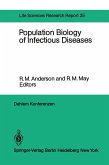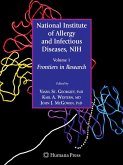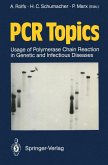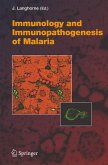The prevention and control of infectious diseases represents, even today, an important public health problem for responsible national and international authorities. Newly emerging p.athogens such as human immunodeficiency virus (HIV) , legionella, and bovine spongiform encephalopathy (BSE) have captured current public awareness. Despite significant success against smallpox, polio myelitis, mumps, and measles, the vast majority of infectious diseases are yet to be satisfactorily controlled. Limited efficacy of some vaccines, e. g., against influenza viruses, or their nonavailability have hampered an effective control of many infections. A meaningful reduction of the health risks posed by microbial pathogens is of crucial importance. Increased efforts need to be exerted in areas of active and passive immunization as well as in stimulation of enhanced nonspecific resistance .. Progress in the field of infectious diseases can be accelerated when a generation of new improved vaccines are developed. These vaccines should be capable of activat ing the cellular and the humoral immune responses as well as inducing persistent immunological memory. Development of novel regimens for enhancing natural resistance against infections is also progressively gaining in importance. The urgency increases as chemotherapy against viral and other infections further continues to be plagued by a carousel of a limited number of licensed drugs, problems of side effects, and development of drug resistance. It is becoming expedient that future strategies embrace a policy directed towards triggering mechanisms capable of inducing specific and nonspecific host defences.
Dieser Download kann aus rechtlichen Gründen nur mit Rechnungsadresse in A, B, BG, CY, CZ, D, DK, EW, E, FIN, F, GR, HR, H, IRL, I, LT, L, LR, M, NL, PL, P, R, S, SLO, SK ausgeliefert werden.









